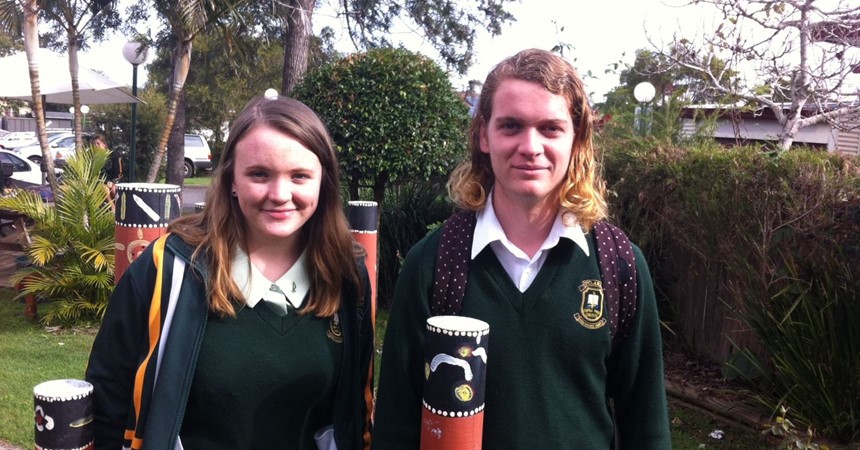The treatment of asylum seekers and refugees is a highly divisive topic within the Australian community with many people seeing the issue in a starkly negative light. We’ve seen consecutive Australian governments espouse politicised and isolating rhetoric that has dehumanised the debate and led to the proliferation of xenophobic and nationalistic ideals that are converse to the traditional Australian notions of freedom, opportunity and ‘boundless plains to share’. However, what must never be forgotten is the human faces that suffer behind the ‘Pacific Solution’ or ‘Stopping the Boats’ policies that hide the problem rather than fix it. To say that the problem is solved because children aren’t in detention any longer or that vessels aren’t in Australian waters is just shying away from the reality of the suffering that occurs just beyond our shores. Rather than ameliorating conflict and suffering, our government shifts the problem to other, far less stable and affluent nations, such as Cambodia or Indonesia; nations where large swathes of their own citizens live in the poverty refugees attempt to escape. Refugees and asylum seekers are not statistical figures or political pawns, they are people; we must always attempt to see the humanity in this situation, not surrender to our fear of the unknown.
It is these sentiments that have made the last few months so difficult for us at the St Clare’s Human Rights Group. At the beginning of last year, a plan was devised to contact human rights lawyer Julian Burnside in relation to sending letters to children in detention. We, as young Australians, could never fathom the pain and suffering of those in detention or the uncertainty that must weigh on their minds. We did hope that our letters, written with love and genuine concern, would aid – even in the most minute way – in the continuation of hope and courage in the hearts of those incarcerated for seeking a better life. Hence, after months of deliberation and hard-work, the Group managed to organise for 115 students at St Clare’s to pen handwritten letters to children in detention. The amount of effort put into these letters was astonishing and the sincerity of the entire school cohort’s compassion and care completely blew us away; particularly considering the current political climate.
Yet, in our case, this statement of love, solicitude and solidarity has never been felt by those for whom it was intended.
On 10 March this year (almost a year after first devising our strategy), news broke that thousands of supportive letters sent by Australians to immigration detainees held on Nauru had been returned unopened. For us, to have the letters returned would have been at least some consolation, further uniting us in opposition to the highly immoral, secretive and conventiondisregarding detention practice. However, we have not been afforded even this luxury and, instead, have learned that the recipients of our letters have been relocated and, also, that, on 31 March this year, the school for asylum seeker children inside the detention centre was set to close.
All we know today is that our letters most likely never reached their intended destination: the hearts of refugees in detention. With Refugee Week fast approaching, we want to be able to celebrate with our sisters and brothers who have sought a better life in the country we are so lucky to call home; and we will do this. But also, we must never forget that we live in a nation that overtly persecutes and incarcerates individuals who have no right of reply other than desperate open letters, rioting or, devastatingly, suicide. In lieu of our misfortune, we, alongside both the Catholic and wider community, must continue to campaign passionately and peacefully for the rights of refugees and asylum seekers in detention and remember always to ‘love the stranger’; not fear them.
Sarah Locker and Adam Mayers are members of the St Clare’s High School, Taree Human Rights Group.



























































































